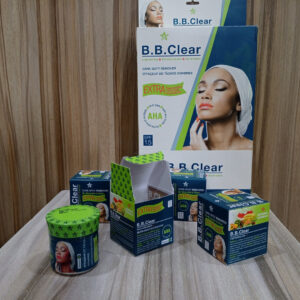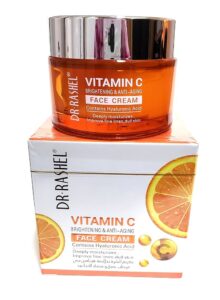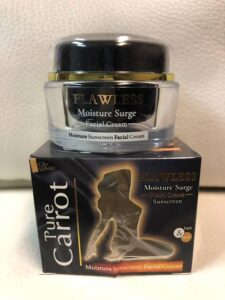
Eczema, psoriasis, contact dermatitis, bug bites, diaper rash, neurodermatitis, and other skin diseases can all be treated with hydrocortisone cream.
Hydrocortisone is a corticosteroid that is available as an over-the-counter (OTC) medication. Which can be used As:
- Addressing external itching that is temporarily caused by mild rashes, inflammation, and skin irritation.
- Hydrocortisone can also be the only ingredient in a topical pain reliever (i.e., creams and ointments used on the body’s surface).
- Hemorrhoids and anal itchiness can be treated using topical medications that contain it as the only active ingredient.
- Hydrocortisone is occasionally used with antibacterial (germicidal) substances to treat skin conditions brought on by bacterial or fungal infections.
- Hydrocortisone is used either by itself or in conjunction with other medications to prevent and treat inflammation-related symptoms of the skin, organs, muscles and joints, which could be allergies, asthma, arthritis and multiple sclerosis.
- It can be used as an ointment for insect bites.
Hydrocortisone Can Address Skin Problems, Such As:
- Eczema: It is a condition that causes inflamed, itchy, cracked and rough skin.
- Psoriasis: It is a skin disease that causes red, itchy, scaly patches, most commonly on the knees, elbows, trunk and scalp.
- Contact dermatitis: It is a condition that makes skin red or inflamed after contact with an allergen or an irritant e.g., a watch strap.
- Insect bites
- Diaper rash
- Neurodermatitis: It is a skin condition characterized by severe itching or scaling. It typically appears on the neck, wrists, forearms, legs or anal region.
- Hydrocortisone may be prescribed by the doctor to relieve itching, redness, dryness, crusting, scaling, inflammation and discomfort caused by various skin conditions or for swelling and discomfort caused by hemorrhoids and other rectal problems.
How Do Hydrocortisone Cream Works
By acting on skin cells, hydrocortisone inhibits the release of inflammatory chemicals. This helps stop scratching, which can aggravate the skin even more, by reducing swelling, redness, and irritation. A moderate corticosteroid called hydrocortisone is applied topically to address a range of inflammatory skin reactions, including those caused by plants, insect bites, jewelry, deodorants, soaps, and detergents.
Facts About Hydrocortisone cream
- It is not recommended to use it to the face unless a doctor has prescribed it.
- A pharmacy can sell hydrocortisone acetate 1% cream.
- It can be purchased as a generic product or under a brand.
- You should not use these creams for more than a week at a time.
- While the thicker, greasier ointment is better suited for dry or scaly regions of the skin, hydrocortisone cream works better on moist areas of the skin.
- Hydrocortisone creams and ointments should not be used as moisturizers.
Hydrocortisone Cream Side Effects
Common hydrocortisone cream side effects include burning, itching, and redness. Get in touch with a physician or pharmacist right once if any of these side effects worsen or persist. Use over an extended period of time may thin the skin. Infections by fungi could possibly become more common in that area. If your doctor has prescribed this drug, it must be because the advantages outweigh the potential drawbacks. Many users of this medicine report no significant adverse effects.
The medication may, on rare occasions, enter the bloodstream. This may result in side effects from excessive corticosteroid use. It is more probable for children and long-term users of this medicine to experience these negative effects.
Make sure to tell the doctor right away if any of the following side effects occur:
- Vision problems
- Signs of serious infection (e.g., fever, persistent sore throat)
- A serious allergic reaction to this drug is rare. However, seek immediate medical attention if any of the following symptoms of a serious allergic reaction appear
- Rash
- Itching/swelling (especially of the face/tongue/throat)
- Severe dizziness
- Trouble breathing
Conclusion
Now that you have known what hydrocortisone cream is used for, I advised that you shouldn’t be using it as you would with normal skincare products because it is medicated, so it shouldn’t be incorporated into your regular skincare routine but should be rather used as prescribed by doctor or dermatologist. I will advise that before you start using it, reach out to a dermatologist, doctor or email us at editor@bodycare.com.ng








